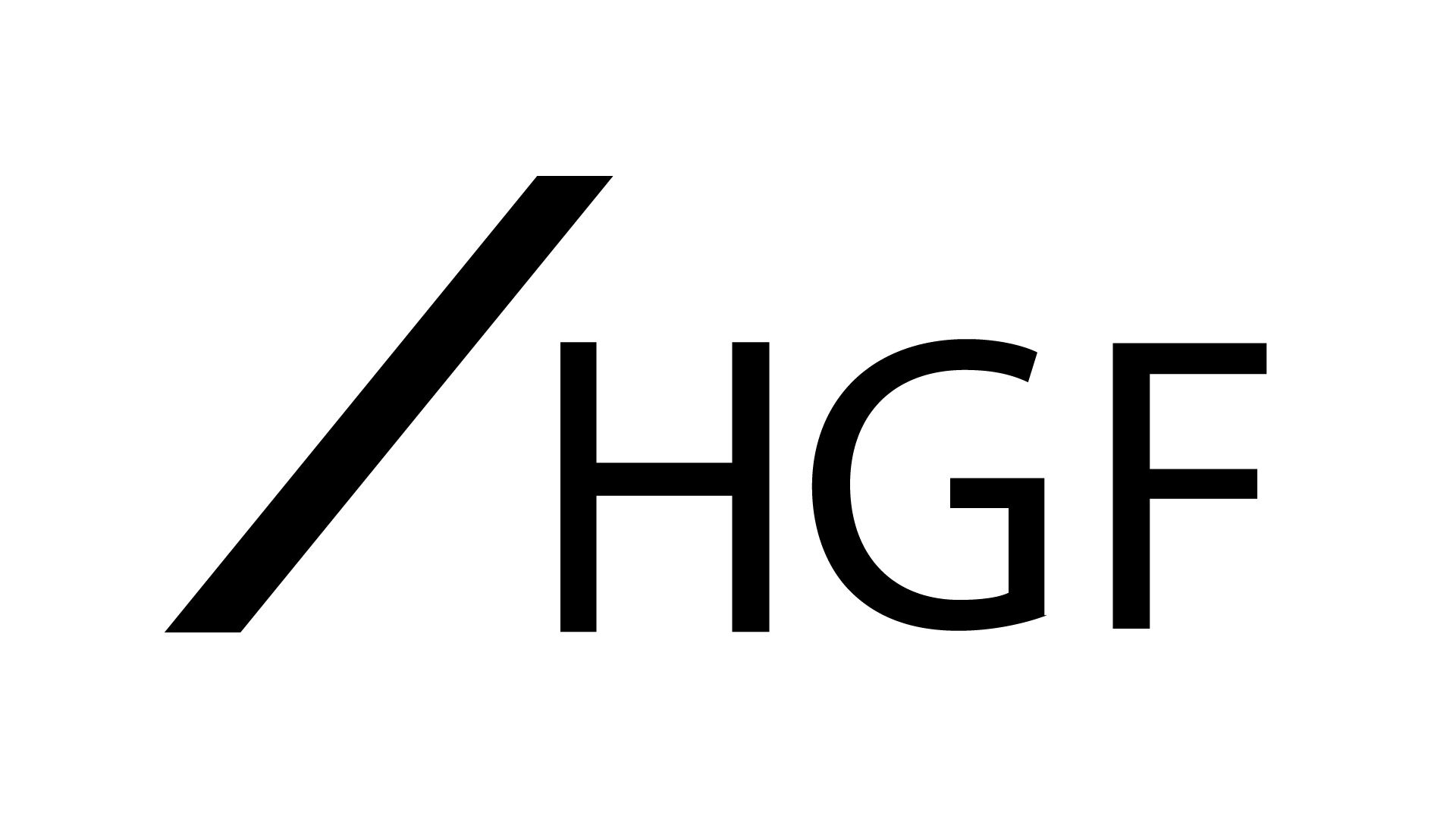News
UPC Court of Appeal Remits Meril’s request to stay infringement proceedings pending the outcome of EPO opposition
December 2024
Meril Life Sciences PVT Limited & ors v Edwards Lifesciences Corporation [UPC-CoA-551/2024] –Court of Appeal of the UPC (Grabinski, Blok, Gougé) – 21 November 2024
The UPC’s First Panel of the Court of Appeal sitting with only 3 Legally Qualified Judges, has remitted Meril’s application to the Nordic-Baltic Regional Division to stay infringement proceedings brought by Edwards pending the outcome of Meril’s EPO opposition against EP No. 3,769,722. This was on the basis that the Nordic-Baltic RD had erred in refusing the application solely on the basis that a rapid final decision could not be expected from the EPO. The CoA also confirmed that the UPC Rules of Procedure only allowed the Court to disregard requests, facts and evidence that were not submitted at first instance. However, new arguments could be submitted at appeal if they were based on existing facts and evidence.
Background
Edwards sued Meril for infringement of its Unitary Patent (EP 3,769,722) before the Nordic-Baltic RD in late October 2023. The Patent had granted in June 2023 and was opposed by Meril in March 2024, shortly before Meril also filed its counterclaim for revocation in the UPC action. With the counterclaims for revocations, Meril also filed an application in the infringement proceedings requesting that the Court stay the infringement proceedings pending a decision by the Opposition Division of the EPO on the validity of the EPO. Neither party requested acceleration of the EPO proceedings. However, because the EPO was notified of the corresponding infringement proceedings by the UPC on 20 March 2024, the EPO accelerated proceedings, scheduling a date for the EPO hearing for 17 January 2025 and shortening the term for final written submissions from the usual two months to one month. In their preliminary, non-binding opinion dated 18 July 2024, the EPO found claim 1 of the Patent to be novel, inventive and sufficient, but raised an added matter objection based on one of the features of claim 1.
Edwards filed an application to amend the Patent, and alleged that their first Auxiliary Request addressed the issues raised in the EPO’s non-binding preliminary opinion . The UPC oral hearing in the infringement and counterclaim for revocation was scheduled for 16 January 2025.
Thus, at the time of the oral hearing in the Appeal, it was clear that a decision of the Opposition Division would be available at the end of the oral hearing on 17 January 2025.
Nordic-Baltic Regional Division’s Judgment
Under the UPC’s RoP 295(a). the UPC has discretion to stay proceedings relating to a Patent which is also the subject of opposition proceedings before the EPO, when a rapid decision might be expected from the EPO. These provisions do not require a final decision of the EPO. Rather, the UPC may stay proceedings where it can be expected that the Opposition Division will give its decision rapidly, even if it is likely that the decision will be appealed. That said, the fact that the first instance EPO decision is likely to be appealed may nevertheless be a factor that influences whether discretion is given as to whether to grant a stay[1].
Although some[2] UPC orders have expressed a desire to reduce the risk of conflicting decisions by the EPO and the UPC, the principle of avoiding irreconcilable decisions does not always require the UPC to stay proceedings. For instance, in Carrier v Bitzer [UPC_CoA_22/2024], the Court of Appeal held that, where revocation proceedings were initiated at the UPC while EPO oppositions were pending, different decisions by the UPC and EPO were not necessarily irreconcilable. The Court held that decisions on validity could be harmonised by ensuring that the first decision was considered by the last body. Accordingly, the Court of Appeal Carrier v Bitzer held that the interests of harmonisation did not generally require a stay by the UPC.
At first instance, Meril’s request to stay was rejected. Among the reasons provided by the Nordic-Baltic RD was the fact that a future decision the Opposition Division would be subject to appeal, which could take a significant length of time to be heard. The Nordic-Baltic RD also noted that Meril had counterclaimed for revocation. Therefore, the Nordic-Baltic RD held that the UPC could be expected to decide on validity before the opposition proceedings were finalised.
Court of Appeal Judgment
The CoA found that the Nordic-Baltic RD had erred in refusing to grant the request to stay proceedings solely on the basis of there being a possibility of appeal of the Opposition Division’s decision. Instead, the CoA held that the UPC Agreement and RoP did not require a final decision of the EPO to be expected rapidly. A stay was possible where the Opposition Division was expected to give its decision rapidly, even if it were likely that such a decision would be appealed.
The CoA distinguished between parallel revocation and opposition proceedings, and the parallel infringement and opposition proceedings, which were the subject of this case. Acknowledging Carrier v Bitzer, the CoA noted that, with parallel revocation and opposition proceedings, the later decision could take place with the benefit of the earlier decision, reducing the risk of conflict. In contrast, this was not possible with parallel infringement and opposition proceedings, where the Patent that formed the basis of a successful infringement action could be later revoked by the EPO. Even if the EPO’s decision could be appealed to provide a suspensive effect, the CoA considered that a stay provided a useful way of reducing the risks of conflict.
Moreover, in the case in question, the EPO opposition hearing was deemed to be “rapid” as it had been accelerated to take place on 17 January 2025, only one day after the scheduled date for the oral hearing for infringement. This convinced the Court of Appeal that the opposition division’s decision was “rapid” enough to meet the “rapid” requirement of the UPC RoP.
Speed alone, however, was not sufficient for discretion to be granted. The question of whether a stay was justified also depended on the interests of the parties and the relevant circumstances of the case. In this context, the CoA noted that there were ways to prevent conflicting decisions without a stay. For instance, the Court could proceed with the infringement proceedings, including preparation of the oral hearing, and reschedule the oral hearing to take place after the EPO’s decision. Alternatively, the Court could hold the oral hearing as scheduled, request the parties to inform the Court of the outcome of the opposition proceedings, and then decide based on this outcome whether further procedural steps were required. A further option was for the Court to proceed with the infringement proceedings and to exercise its discretion to stay the infringement proceedings once the case was ready for a decision by the EPO.
Having suggested alternatives, the CoA noted that the Nordic-Baltic RD was better informed than the CoA in respect of the relevant aspects of infringement and the counterclaim for revocation. Therefore, the CoA remitted the application back to the Nordic-Baltic RD to decide whether or not a stay should be granted.
Conclusions
The Judgment is interesting because it suggests that the considerations as to whether to grant a stay may differ for cases with parallel revocation and opposition proceedings, and cases with parallel infringement and opposition proceedings. This would allow a defendant in UPC infringement proceedings to delay those proceedings on the basis of opposition proceedings. That said, with the EPO’s current workload, it is difficult to envisage the EPO being routinely able to issue as “rapid” decisions as we have seen in this instance. Although EPO proceedings may be accelerated, it may not be easy for the EPO to routinely match the speed of UPC proceedings because of current workloads. Typically, it takes 14 –19 months for an EPO opposition to be heard following the end of the 9-month opposition period. In this particular instance, the EPO shortened this period to around 10 months. However, the EPO does not set any benchmarks against which “acceleration” is measured; thus, it cannot be said for certain that 10 months marks a threshold for an accelerated procedure. Indeed, in Carrier v Bitzer, the corresponding EPO opposition was accelerated but the hearing took place on 24 October 2024, some 14 months after the 9-month opposition period and almost 4 months after the UPC revocation proceedings were heard on 21 June 2024. It remains to be seen, therefore, how many accelerated EPO decisions will be sufficiently rapid to justify consideration for a stay.
Moreover, in contrast the EPO Boards of Appeal, where the admissibility of new arguments at appeal is often contentious[3], the CoA in this case confirmed that, while new requests, facts and evidence may not be allowed to be filed for the first time at appeal, the rules did not prevent a party from relying on new arguments, provided that these were based on existing facts and evidence.
[1] Astellas v Healios K.K. [UPC_CFI_80/2023]
[2] Toyota v Neo Wireless [UPC_CFI-361/2023]; Astellas v Healios K.K. [UPC_CFI_80/2023] and Carrier v Bitzer [UPC_CoA_22/2024]
[3] https://www.epo.org/en/legal/case-law/2022/clr_v_a_5_10_1.html
This article was prepared by Partner & Patent Attorney Hsu Min Chung and Partner & Head of Law Rachel Fetches.





























